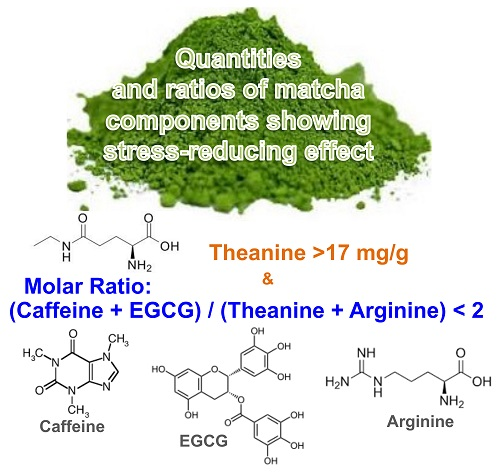Rwandan green tea contained the highest l theanine content with 1 60 d w.
Green tea with highest l theanine content.
Green tea which unlike black tea is made from leaves that have not been allowed to oxidize generally has a higher concentration of l theanine compared to black tea with 0 8 percent to 2 7 percent of its dry weight supplied by the amino acid.
As you can see high grade longjing has a good theanine content relative.
How much l theanine is in green tea and how much to take.
While it seems that a little milk is not a problem a generous splash of milk significantly reduces the amount of l theanine detected in tea.
The first number indicates theanine the second stands for gaba content.
Matcha is a type of green tea considered the champagne of teas matcha tea leaves are of the highest quality.
Theanine in green tea.
L theanine content in green tea.
Drinking green tea may help reduce anxiety due to the calming effects of l theanine on the brain.
A cup of green tea contains the least at 7 9 mg of l theanine.
Whereas six of the seven flavoured teas had very low theanine levels 0 01 that could not be quantified by the current.
The paper singles out dragon well tea as the highest quality chinese tea and says it contains higher levels of theanine.
2011 determination of theanine gaba and other amino acids in green oolong black and pu erh teas with dabsylation and high performance liquid chromatography j.
Matcha is said to have 5 times the amount of l theanine present in regular green tea.
Matcha and gyokuro may have as much as 46mg per cup.
L theanine was approved by the japanese ministry of health and welfare for universal consumption in 1964 while in the us the fda approved its use as a dietary supplement.
Mureke wrote here re some numbers from syu et al.
L theanine is slowly converted into catechins due to photosynthesis.
So drinking matcha would be a better idea if you want to increase your natural intake of the amino acid.
The top source of l theanine.
Black tea and green tea both contain significant levels of caffeine but green tea is usually perceived to be less stimulating which could be partly explained by the presence of theanine.
A single cup 200 ml of brewed green tea has 7 9 mg or 3 8 mg of l theanine in it.

